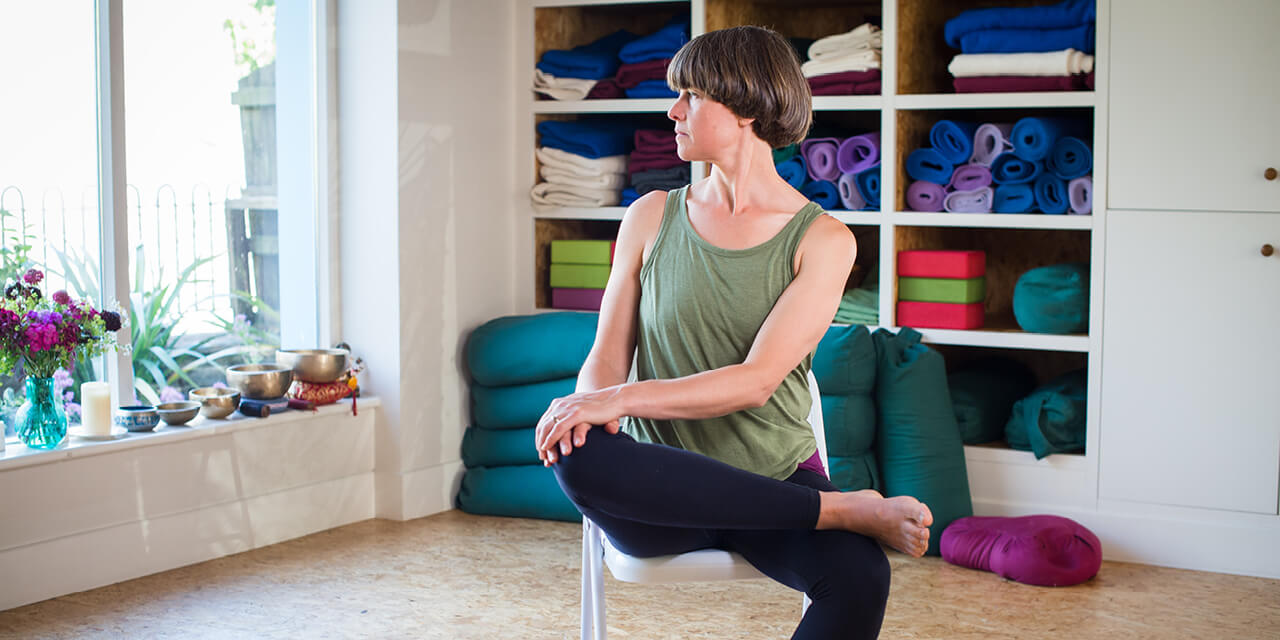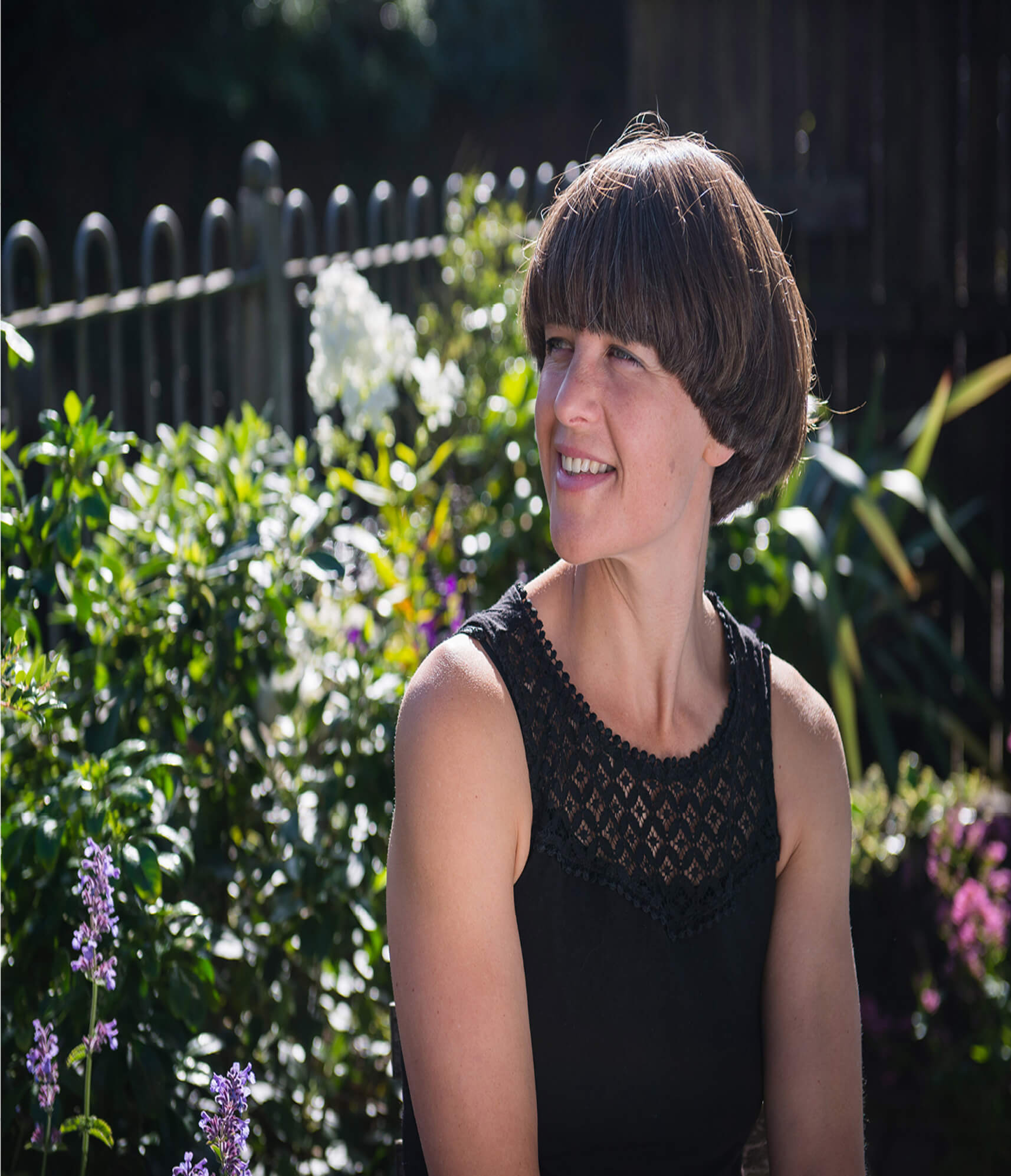Asanas (yoga poses) and how they can help you to deal with situations outside your comfort zone.
The physical positions (asanas) you practice in yoga will help you to develop strength, flexibility and balance, but not just in your body. There are so many different positions in yoga and just when you think you've got the hang of them, you find there are still more shapes you can't do, and might never do. But this is ok.
The reason there are so many varied, challenging and often bizarre shapes in yoga, is because there should always be positions out of your reach, ones you just can't get right.
These positions and situations are outside your comfort zone. Reaching to achieve these, seemingly impossible positions keeps you learning, growing and developing as a person. Once you are good at something, you're comfortable with it, you stop learning.
All learning and change happens outside our comfort zone, but like the name suggests spending time there isn't comfortable. So because it's uncomfortable we can unconsciously avoid change and learning. As adults we can get stuck in our ways and avoid new and challenging experiences and possibilities.
This is why I often call yoga asanas ‘situations’ because they can help us to be more comfortable outside our comfort zone and learn to manage better in stressful situations.
Observe your reactions
In times of pressure we all have survival tactics, behaviours and coping mechanisms that we unconsciously fall into. These impulse behaviours are not always helpful and useful. Anger for example tends to cause more problems than it resolves. If you can begin to notice your reactions to stress, you are in a strong position to do something to change your reactive behaviour. This is where observing yourself and your reactions to a challenging yoga asana or situation can help.
When you try getting into a yoga position that you haven't practiced before it's likely that you are going to encounter similar thoughts and feelings that come up when you find yourself in any other challenging situation. Self-doubt, frustration in your abilities, embarrassment, awkwardness, irritation, physical pain, disappointment and regret are just a few of these unpleasant feelings. It is understandable that we would try and avoid feeling these feelings.
Comfortably uncomfortable
But, if you stay in this position, in this challenging place outside your comfort zone, feel all these uncomfortable feelings and breathe deeply something happens. You can begin to observe your reactions and slow them down. With each deep breath you get more used to the situation, it becomes more possible to stay in and more comfortable. This means, in that moment, you have stretched the edge of your comfort zone and made your unconscious reactions conscious. When you stay there, just outside your comfort zone, and get past the fear, frustration and discomfort, something else happens too you learn to trust yourself and your body.You feel the rush and joy of being somewhere you're not used to and doing something you didn't think you could.
Surprise, relief and optimism are the opposite side of the coins of fear, doubt and dread. But you have to step over the line to turn these coins around.
So yoga really isn't about being able to touch your toes, it's about the journey you make to get there and what you learn on the way.
Jessica’s yoga videos and blogs are published the first week of every month.







